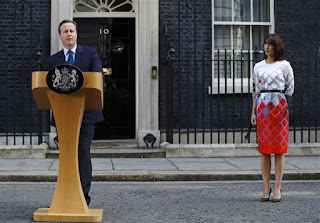Facebook, Google, and Twitter urge Trump to support encryption and immigration reform
A group of tech companies including Facebook, Google, and Twitter has
called on President-elect Donald Trump to protect encryption, reform
immigration policy, and curtail surveillance during his administration.
The Internet Association, whose members also include Uber, Amazon, and
Netflix, outlined its policy positions in a letter published on Monday.
Tech executives have been wary and sometimes openly critical of Trump, in part due to the president-elect’s divisive campaign rhetoric and positions on immigration and encryption. In June, more than 100 Silicon Valley leaders said in a letter that a Trump presidency would be a “disaster for innovation.” The letter released Monday strikes a more optimistic tone.
“The internet industry looks forward to engaging in an open and productive dialogue,” the letter reads.
During the Republican primary, Trump called for a boycott of Apple products after the company refused an FBI order to unlock an iPhone that belonged to one of the San Bernardino shooters. He dismissed the company’s argument that unlocking the phone would threaten the privacy and security of all iPhone users, saying in a February interview: “Who do they think they are?” The Internet Association hopes he’ll reconsider.
Tech executives have been wary and sometimes openly critical of Trump, in part due to the president-elect’s divisive campaign rhetoric and positions on immigration and encryption. In June, more than 100 Silicon Valley leaders said in a letter that a Trump presidency would be a “disaster for innovation.” The letter released Monday strikes a more optimistic tone.
“The internet industry looks forward to engaging in an open and productive dialogue,” the letter reads.
During the Republican primary, Trump called for a boycott of Apple products after the company refused an FBI order to unlock an iPhone that belonged to one of the San Bernardino shooters. He dismissed the company’s argument that unlocking the phone would threaten the privacy and security of all iPhone users, saying in a February interview: “Who do they think they are?” The Internet Association hopes he’ll reconsider.



Comments
Post a Comment